The bulk of Thursday night’s three-hour School Committee meeting was devoted to looking at a potential fiscal year 2024 capital plan and needs for the long-term over 10 years as well.
Director of Finance Susan Rothermich outlined the following items and their proposed costs as follows: replacement of maintenance vehicle, $70,000; technology upgrades to replace wireless access points and keep up with systems and security, $75,000; HVAC (heating ventilation and air conditioning) point-to-point testing, $98,520; HVAC additional funding, $300,000; HVAC VAV (variable air volume) replacement and controls, $157,739; and Marathon School playground, $1 million.
Also included are: HVAC district-wide, $1.2 million; loop road paving and sidewalk repair, $1.5 million; high school track and Field 3, $5.8 million; and Hopkins School addition, $21 million.
Lengthy discussions took place regarding potential options for work on 10 different fields with a goal of increasing access and equity. A grant application with the Community Preservation Committee could result in $4.8 million of the $5.8 million Field 3 work covered, if approved, Rothermich said.
The board also heard statistics on energy usage at the various buildings and the need to continue audits and testing the systems’ functionality.
The goal is to decrease energy usage to the 20-30 range. Currently, some buildings are running in the 60-70 range, which Director of Buildings and Grounds Timothy Persson called “off the charts.”
The data and analysis in this area is helpful when qualifying for Green Communities grants, Rothermich said.
School Committee member Lya Batlle-Rafferty noted the importance of providing a comfortable environment for students. “It’s not just about money,” she said. “If it is too hot or cold, it affects the students’ ability to be comfortable and learn well in that environment.”
Persson noted Field 3 rose to the top of immediate projects because it is the catalyst to getting other things done, and the current track is at the “end of life.”
“Whatever way we go, we have to do something with the track in the very near future,” he said.
Persson added the track is starting to cave in “and that’s going to be the reality quickly.”
The board will revisit the capital list at its next meeting. Vice Chair Amanda Fargiano suggested that the members “open an opportunity for dialogue” with the public, given the projected costs for the items.
Summer enrichment programs reviewed
The board also heard a presentation about three summer enrichment programs. Assistant Superintendent Jeffrey LaBroad noted that when he started working in July, he was impressed that his introduction involved these programs.
“I saw really great work happening,” LaBroad said.
Overall, he outlined that 158 elementary and 72 secondary students participated, with 27 teachers and 16 high school interns involved. There were 8,505 hours of instructed programming offered.
The Focus program (fun opportunities to connect, understand and succeed) was described by Deb Moriarty, who served as its director. She explained that students entering grades 1-6 had 15 sessions over four weeks from July 11-Aug. 3 for about three hours, three times per week.
The program offered academics — two blocks of literacy and math — as well as recreational time. Moriarty noted an important component was students making connections with peers. She also spoke about the strong bonds formed between the high school interns and children and the partnership with the Parks & Recreation Department.
Finally, she shared a quote from a young participant relayed by a parent. In part, it said, “I don’t know how they do it, but the teachers really make learning fun.”
Jen Cuker directed the ESOL (English for Speakers of Other Languages) Summer Academy from Aug. 1-11 in eight sessions over two weeks. She said some of the pluses of the academy included re-engaging the students with English before returning to school and culminating projects that used language in math. Examples included kids creating a pizza restaurant, ice cream truck, zoo, water park and more.
Kids entering grades 7-12 attended the Summer Tutoring Program that enabled them to recover credits, make academic progress and enhance social development, according to Jordan Lavender, the director.
He noted that following a couple of years of pandemic-related “disjointed education … having that time to learn is always a good thing.” The academy ran three days a week from 8:30-10:45 a.m., with 15 sessions over five weeks from July 11-Aug. 11.
Like the other directors, he agreed that consistent attendance was a challenge. Because the program is grant-funded and free, some parents didn’t realize that students are expected to attend every day like during the school year.
Lavender said he would like to increase the social emotional learning (SEL) aspects as well as the language and math offerings.
Committee member Holly Morand said her child “loved every single second,” of the Focus program and thrived in the following grade as a result.
LaBroad said there is a grant application pending to fund the programs again. In answer to a question, he said the district would pursue other grant funding if the application is not approved.
“It’s had a pretty powerful impact,” LaBroad said, and is therefore prioritized.
Travel requests, stipends approved
In other business, the committee approved stipends of $2,500 each for a supervisor for the Work Study Program and to help oversee senior projects. Last year, more than 200 students did senior projects with only one supervisor. This year there will be two, and eight teachers also will help.
The board also approved requests for the Business Professionals of America to attend the state leadership conference on March 3-4 in Norwood. A request for that group to attend the national leadership event in Anaheim, California, next spring also passed.
Additionally, the committee approved requests for the middle and high school robotics teams to attend the VEX Worlds event from April 25-28 in Dallas.


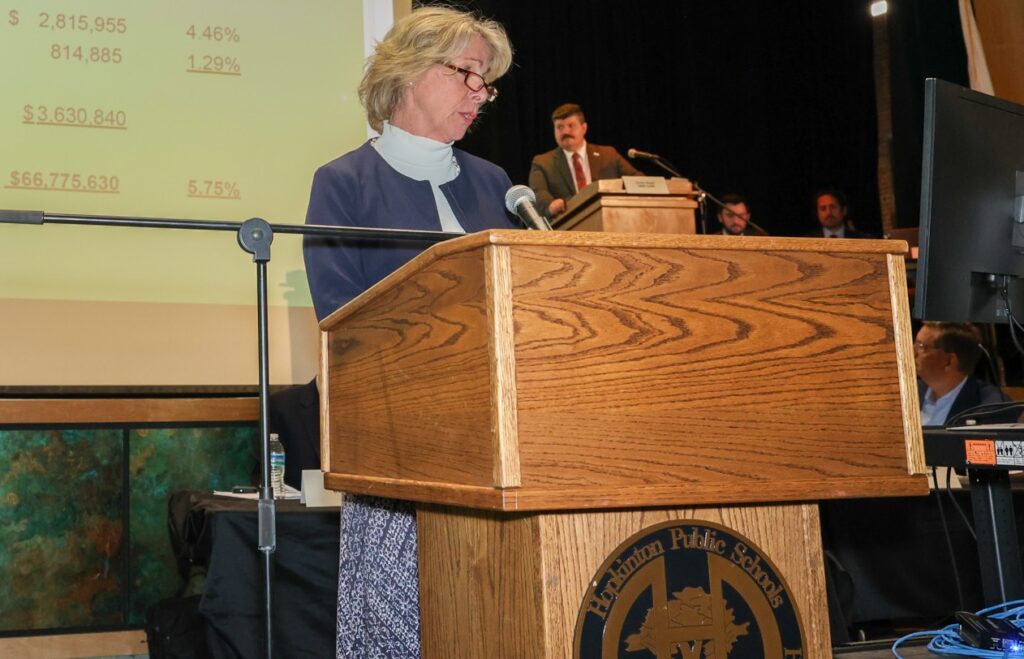
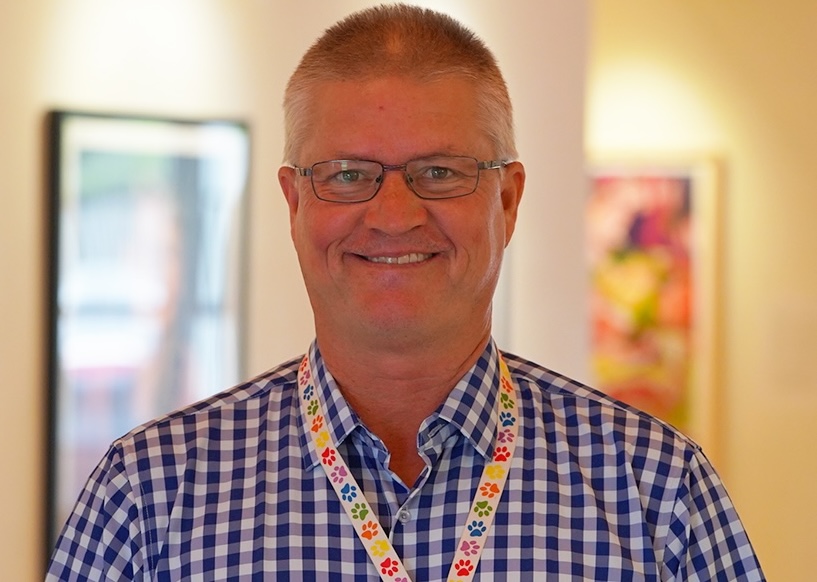
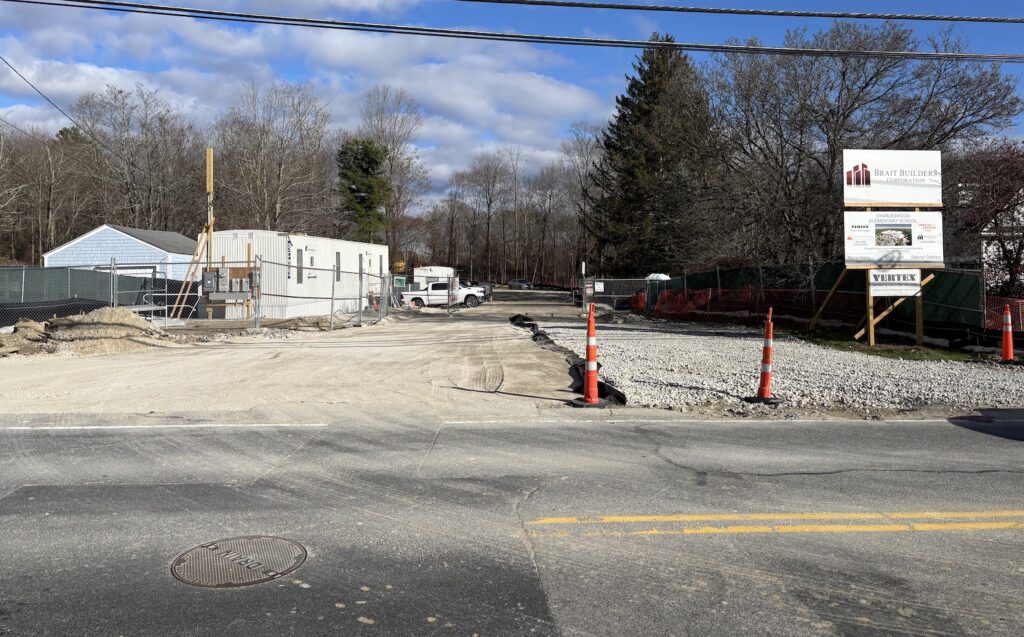
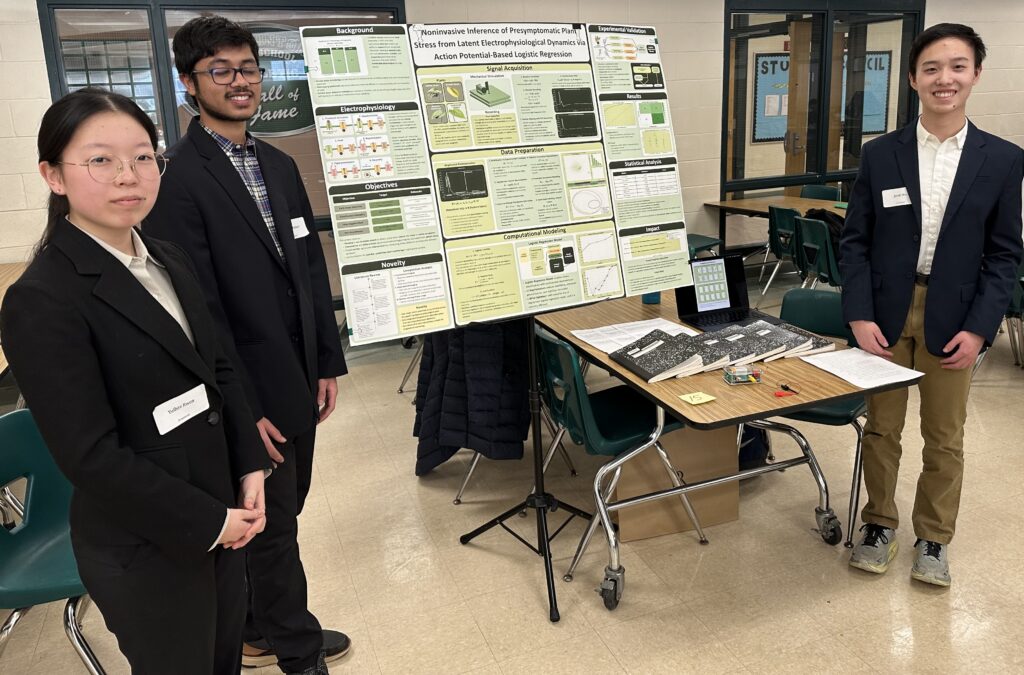
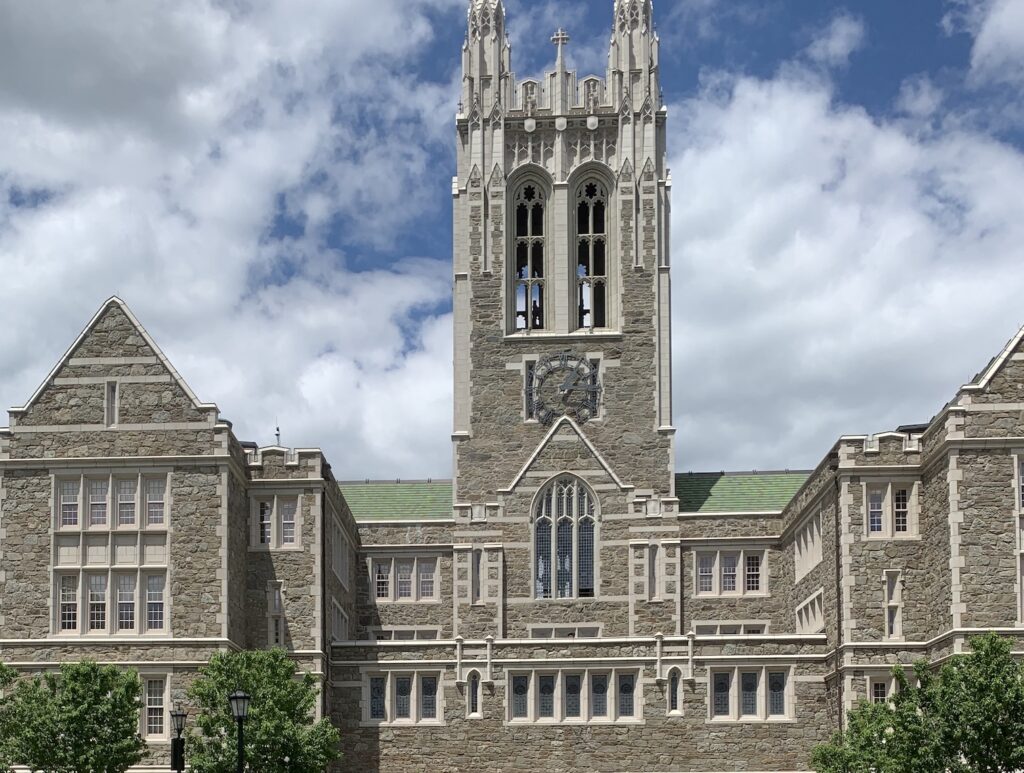
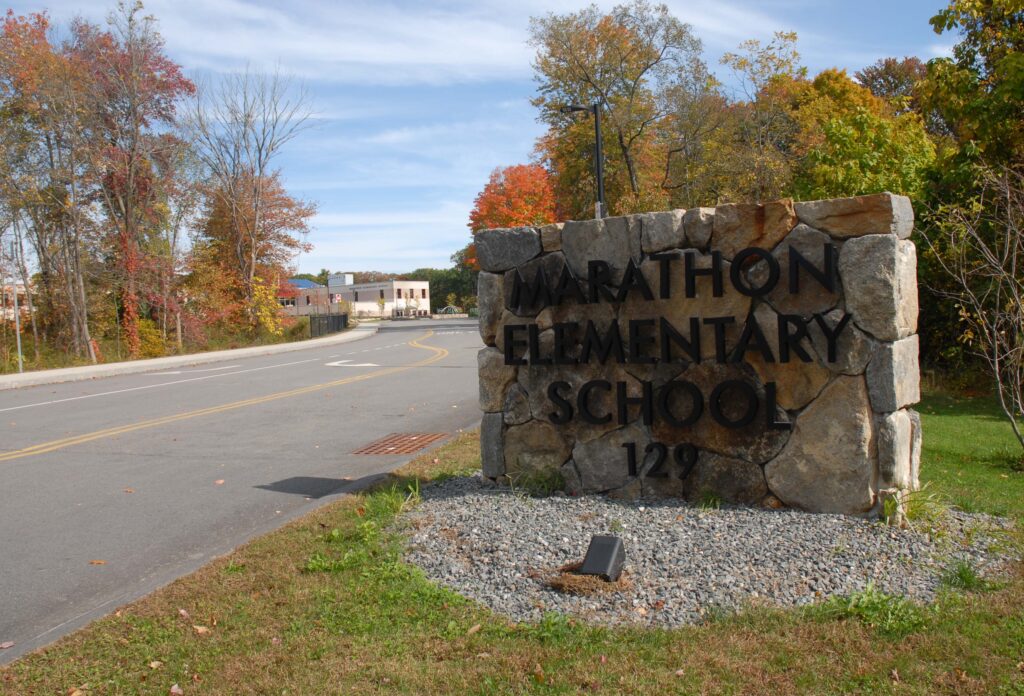













0 Comments